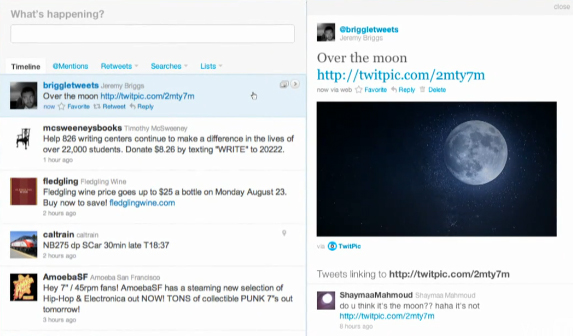The Washington Post has sponsored a Twitter term to appear at the top of the Trending Topics today as it covers the US midterm elections, according to a report by Poynter Online.
This use of Twitter, the first by a news organisation according to the report, can be seen at work on the social networking site, where a label reading ‘Promoted’ appears next to the top trending term #Election and the top tweet is marked as ‘Promoted by The Washington Post’.
When users click on that topic, one of the Post’s tweets will appear above other tweets with the #Election hashtag — giving the Post prime real estate to promote its coverage and updates.
By being the only news organization using Twitter this way, the Post could rise above the din of election-related conversation and draw more traffic to its website.
